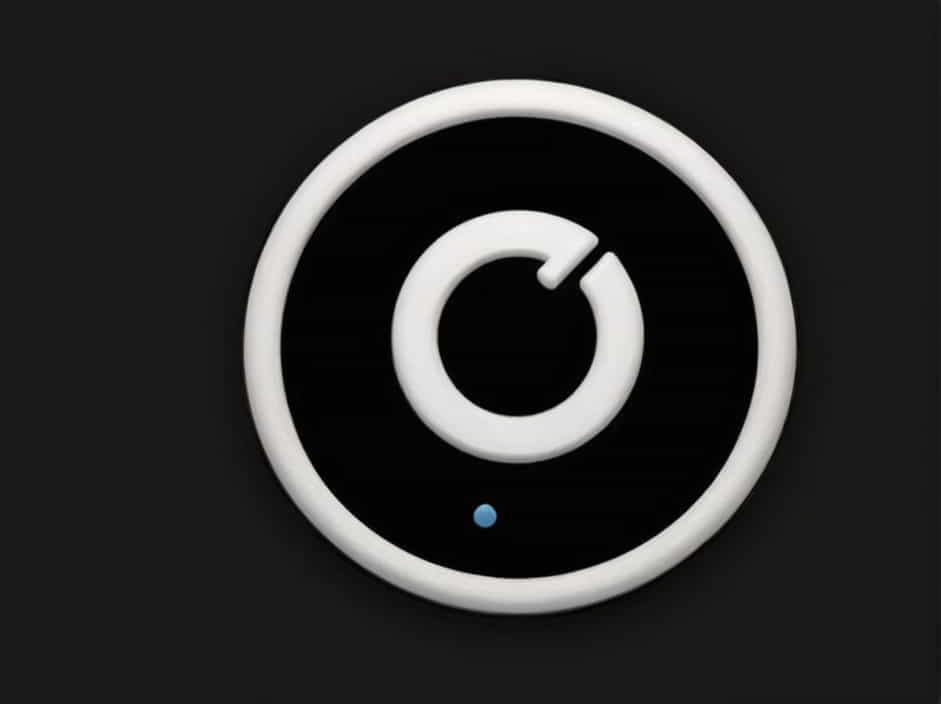The word “wit” is often associated with intelligence, quick thinking, and humor. People with wit are known for their sharp minds and clever remarks, making them engaging and entertaining in conversations.
But what does wit truly mean? How is it different from intelligence? And how can someone develop wit to improve their communication skills? This topic explores the definition, characteristics, and importance of wit in everyday life.
Definition of Wit
The term “wit” refers to mental sharpness, quick thinking, and clever expression. It often involves humor, intelligence, and the ability to respond swiftly in conversations.
Key Aspects of Wit
- Quick Thinking – The ability to respond instantly with clever remarks.
- Cleverness – Finding smart and unexpected ways to express ideas.
- Humor – Using intelligence to make people laugh.
- Verbal Skill – Being articulate and expressive in speech.
Origins of the Word “Wit”
The word “wit” comes from the Old English “witan,” which means “to know” or “to understand.” Over time, it evolved to mean sharp intelligence and humor in communication.
The Different Types of Wit
Wit is not just about making jokes. It comes in different forms, depending on the situation and personality of the person using it.
1. Intellectual Wit
This type of wit involves deep knowledge and clever reasoning. People who have intellectual wit often use wordplay, irony, and clever arguments.
- Example: Albert Einstein was known for his witty remarks about science and life.
- Common in: Debates, academic discussions, and intellectual humor.
2. Humorous Wit
This form of wit is commonly found in comedians, writers, and entertainers. It includes sarcasm, irony, and playful jokes.
- Example: Oscar Wilde, a famous playwright, was known for his witty and humorous quotes.
- Common in: Stand-up comedy, movies, and daily conversations.
3. Sarcastic Wit
Sarcastic wit uses irony and exaggeration to make a point. It can be funny, but also sharp and critical.
- Example: Saying “Oh great, another Monday!” in a sarcastic tone.
- Common in: Social commentary, humor, and everyday banter.
4. Dry Wit
Dry wit is subtle, understated, and often deadpan. People who use dry wit say things in a serious tone, even when making a joke.
- Example: “I am not arguing, I am just explaining why I am right.”
- Common in: British humor, literature, and classic comedy.
The Importance of Wit in Communication
Having wit is more than just being funny. It plays a big role in social interactions, leadership, and creativity.
1. Wit Enhances Conversations
People enjoy talking to those who are witty and engaging. A witty remark can make discussions lively and entertaining.
- Helps in: Socializing, networking, and making friends.
2. Wit Improves Problem-Solving Skills
A witty person can think fast and find creative solutions to problems. This is useful in business, leadership, and negotiations.
- Helps in: Handling conflicts, making decisions, and strategic planning.
3. Wit Boosts Confidence
Being witty makes a person feel more confident in social settings. It helps in public speaking, interviews, and storytelling.
- Helps in: Overcoming shyness, improving public speaking, and engaging an audience.
4. Wit Helps in Handling Difficult Situations
Witty remarks can diffuse tension and make awkward moments less uncomfortable. A well-placed joke can turn a serious situation into a lighter one.
- Helps in: Managing stress, resolving conflicts, and easing social pressure.
How to Develop Wit
Some people are naturally witty, but wit can be developed with practice. Here are some ways to improve wit:
1. Read and Learn
Expanding knowledge helps in creating clever remarks. Reading books, topics, and humor pieces sharpens the mind.
- Recommended: Classic literature, jokes, and wordplay exercises.
2. Observe and Listen
Watching how witty people speak and interact can help improve one’s own wit. Pay attention to comedians, speakers, and clever writers.
- Example: Watching stand-up comedy and witty TV shows.
3. Play with Words
Practicing wordplay, puns, and jokes helps develop quick thinking.
- Example: Playing games like Scrabble, crossword puzzles, and tongue twisters.
4. Engage in Conversations
Talking to different people trains the brain to think fast and respond cleverly.
- Example: Participating in debates, discussions, or friendly banter.
5. Stay Relaxed and Have Fun
Wit comes naturally when a person is relaxed and confident. Avoid overthinking and let humor flow.
- Tip: Smile and enjoy the conversation.
Examples of Witty Quotes
Here are some classic witty quotes from famous personalities:
- “I can resist everything except temptation.” – Oscar Wilde
- “Common sense is not so common.” – Voltaire
- “Life is what happens when you’re busy making other plans.” – John Lennon
- “The only way to do great work is to love what you do.” – Steve Jobs
Wit is the ability to think quickly, respond cleverly, and use humor effectively. It is more than just telling jokes—it is about intelligence, sharp thinking, and creative expression.
People who develop wit can communicate better, build confidence, and handle situations with ease. Whether in social settings, professional environments, or everyday life, wit is a powerful tool for making conversations engaging, insightful, and enjoyable.
